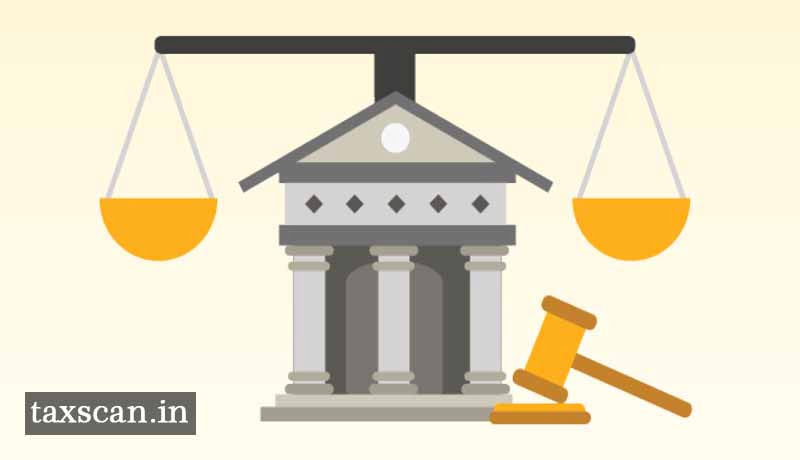GST: CBEC issues Concept Note on Advance Rule

The Central Board of Excise and Customs (CBEC) released a concept note on ‘Advance Rule’ under the new Goods and Services Tax (GST) regime.
An advance ruling helps the applicant in planning his activities which are liable for payment of GST in advance. It also brings certainty in determining the tax liability, as the ruling given by the Authority for Advance Ruling is binding on the applicant as well as Government authorities. It also helps in avoiding long drawn and expensive litigation at a later date. Seeking an advance ruling is inexpensive and the procedure is simple and expeditious. It thus provides certainty and transparency to a taxpayer with respect to an issue which may potentially cause a dispute with the tax administration. A legally constituted body called Authority for Advance Ruling (AAR) can give a binding ruling to an applicant who is a registered taxable person or is liable to be registered. The advance ruling given by the Authority can be appealed before an Appellate authority for Advance Ruling (AAAR).
The term “Advance ruling” means a decision provided by the Authority or the Appellate Authority to an applicant on matters or on questions specified in sub-section (2) of section 97 or subsection (1) of section 100 of the CGST Act, 2017, in relation to the supply of goods or services or both being undertaken or proposed to be undertaken by the applicant.
The definition of Advance ruling given under the Act is a broad one and an improvement over the existing systems of advance rulings under Customs and Central Excise Laws. Under the present dispensation, advance rulings can be given only on a proposed transaction, whereas under GST, Advance ruling can be obtained on a proposed transaction as well as a transaction already undertaken by the appellant.
Section 100(1) of the CGST Act, 2017 provides that the concerned officer, the jurisdictional officer or an applicant aggrieved by any advance ruling pronounced by the Authority for Advance Ruling, may appeal to the Appellate Authority. Thus it can be seen that a decision of the Appellate authority is also treated as an advance ruling.
An advance rule pronounced by AAR or AAAR shall be binding only on the applicant and on the concerned officer or the jurisdictional officer in respect of the applicant. This clearly means that an advance ruling is not applicable to similarly placed other taxable persons in the State. It is only limited to the person who has applied for an advance ruling.
There is no fixed time period for which the ruling shall apply. Instead, it has been provided that advance ruling shall be binding till the period when the law, facts or circumstances supporting the original advance ruling have not changed. However, an advance ruling shall be held to be ab initio void if the AAR or AAAR finds that the advance rule was obtained by the applicant by fraud or suppression of material facts or misrepresentation of facts. In such a situation, all the provisions of the CGST/SGST Act shall apply to the applicant as if such advance ruling had never been made (but excluding the period when advance ruling was given and up to the period when the order declaring it to be void is issued). An order declaring advance ruling to be void can be passed only after hearing the applicant.
Read the full text of the Concept Below.

